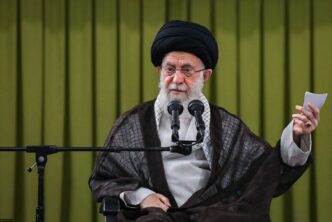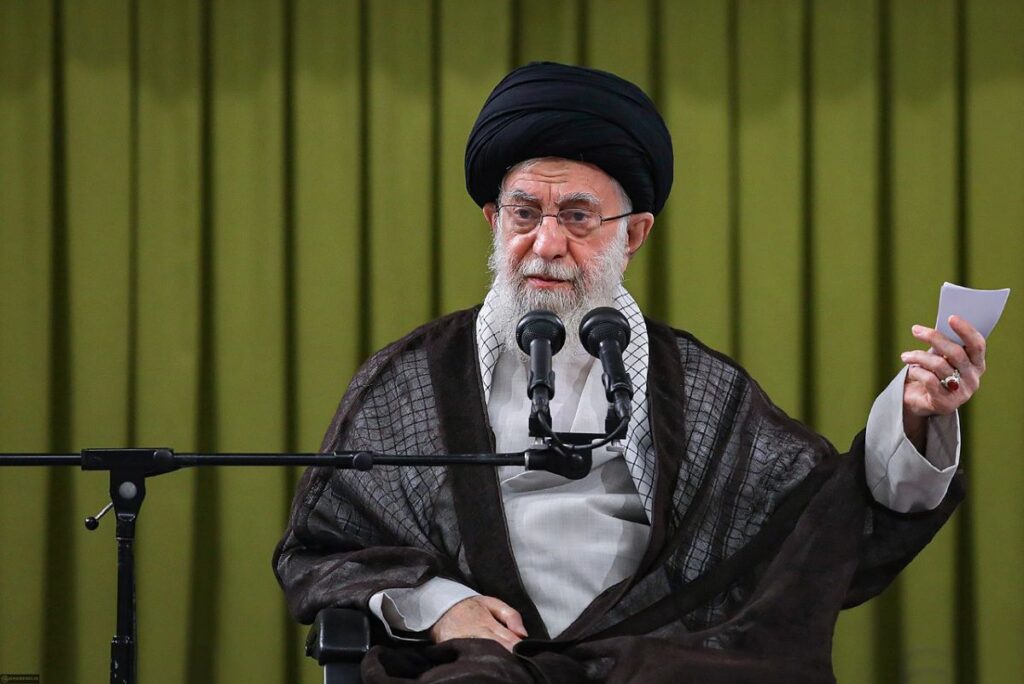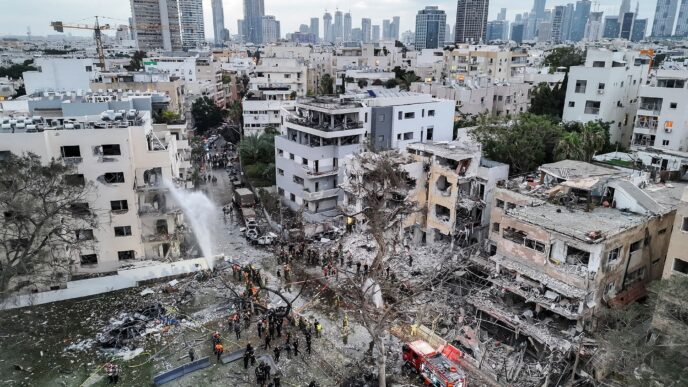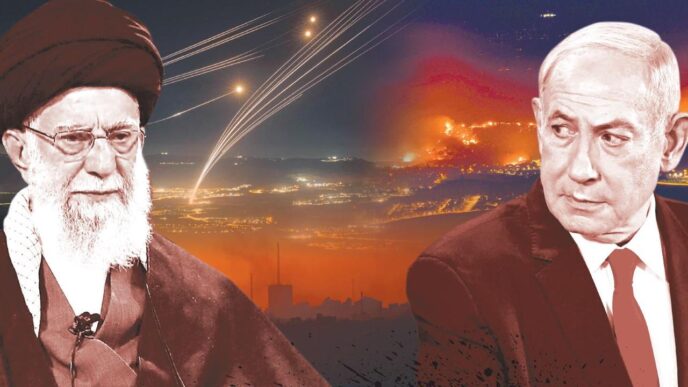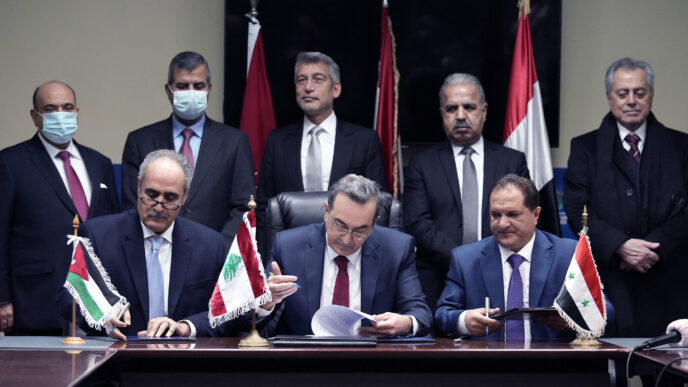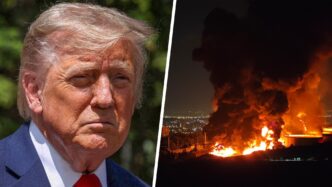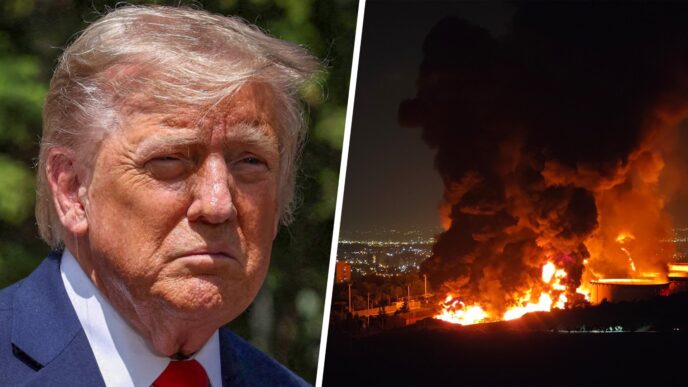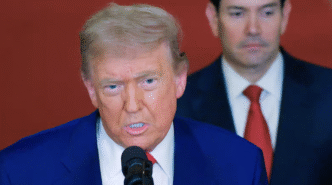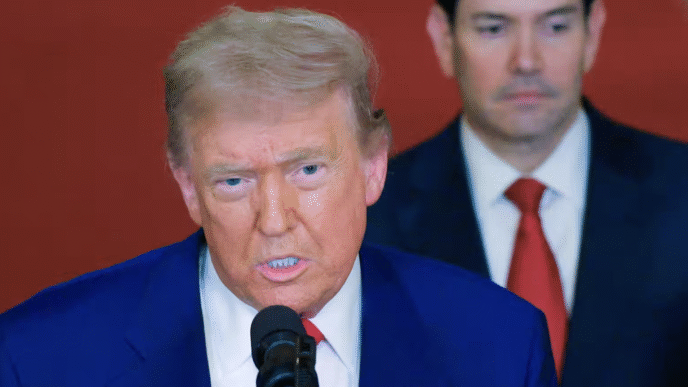As Middle East tensions reach a dangerous peak, reports and speculation have intensified around Israel’s potential intentions to directly target Iran’s Supreme Leader, Ayatollah Ali Khamenei. While no official Israeli source has confirmed such a plan, intelligence chatter and geopolitical analysis suggest that the idea of decapitating Iran’s leadership is being considered as part of a broader strategy to neutralize what Israel sees as its most existential threat.
Strategic Thinking Behind the Move
Israel views the Iranian leadership—particularly Ayatollah Khamenei—as the ideological and operational center of Iran’s military aggression, nuclear ambitions, and support for proxy forces like Hezbollah and the Houthis. From Israel’s perspective, removing Khamenei could destabilize Iran’s regime and potentially weaken the coordination of attacks against Israeli interests.
Some defense analysts argue that such a move would serve as a strong deterrent, demonstrating that Israel will not tolerate continued threats. Others warn it could provoke all-out war.
Regional Fallout and Global Risks
Assassinating a sitting head of state or supreme leader would mark an extreme escalation. Iran would almost certainly respond with severe retaliation, either through direct strikes or activating proxy militias across Lebanon, Syria, Iraq, and Yemen. The Gulf region, already on edge, would face massive security threats. Oil shipping routes could be disrupted, and a spike in global energy prices would be likely.
Moreover, global powers such as Russia and China—both of which have shown support for Iran—may condemn such an act and deepen their involvement, raising fears of broader global conflict.
Legality and International Response
A targeted killing of a nation’s top leader raises major legal and ethical concerns. It could be viewed as an act of war, a violation of international law, and may spark international backlash. The U.S. and European allies, while closely aligned with Israel on security matters, would be placed in a difficult diplomatic position if such an act were carried out.
Conclusion
While there is no confirmed action at this point, the mere suggestion that Israel could aim to take out Ayatollah Khamenei signals how dangerously volatile the current situation has become. If true, it would mark a turning point not only in Israeli-Iranian hostilities but in the entire strategic balance of the Middle East. The consequences—military, political, and humanitarian—could be immense.


